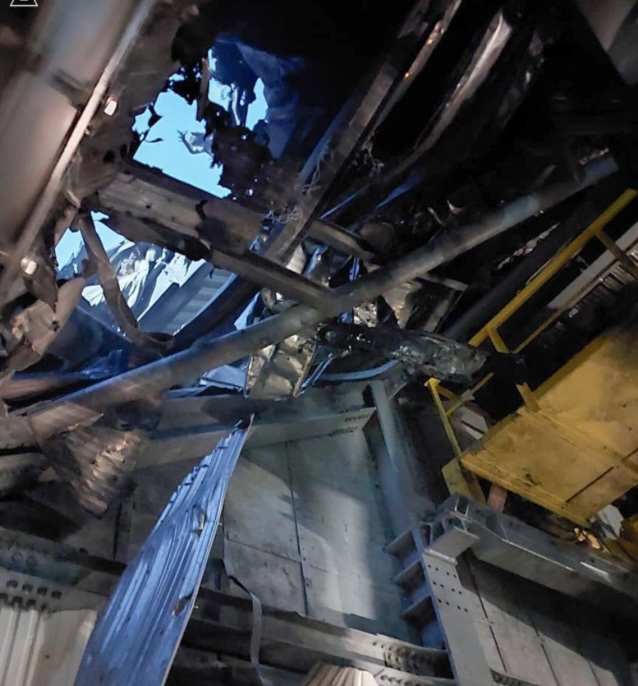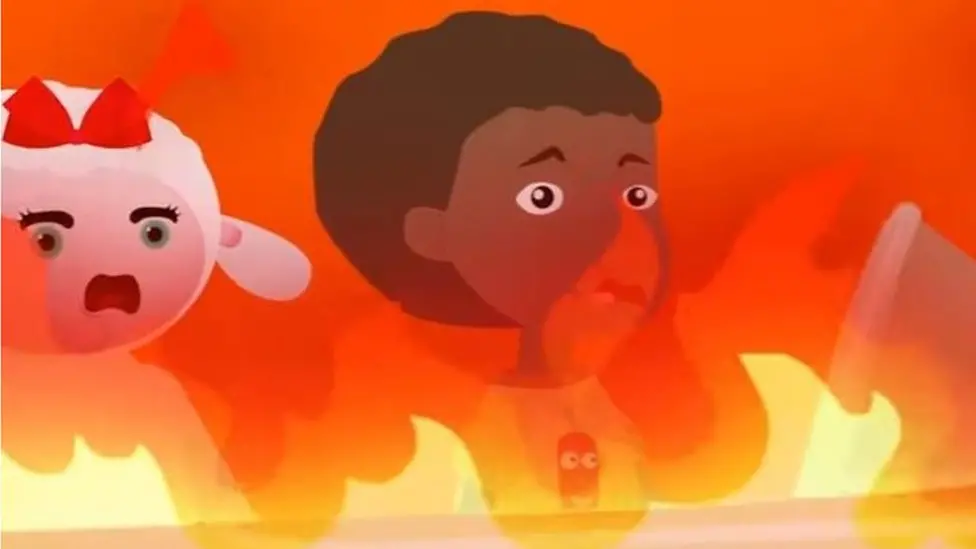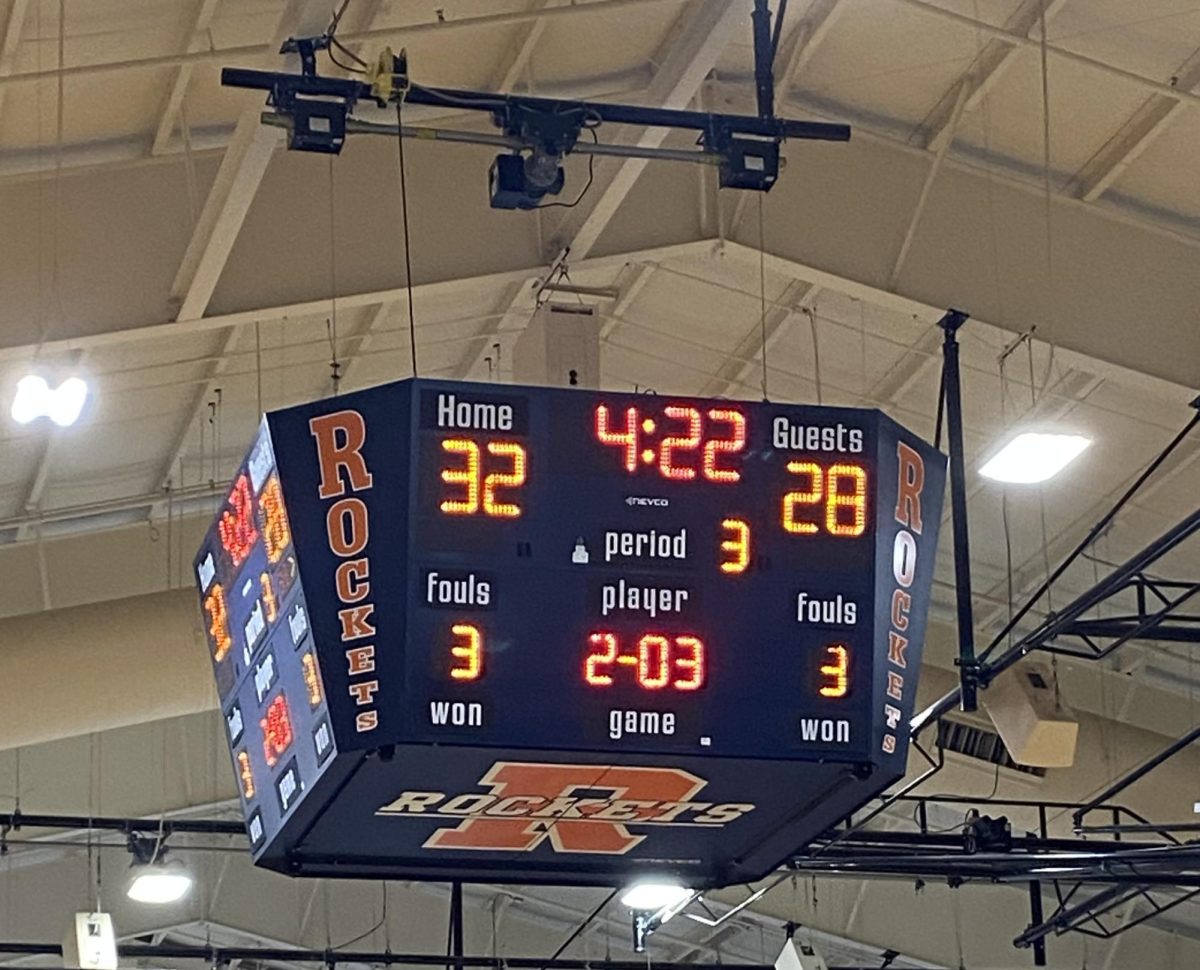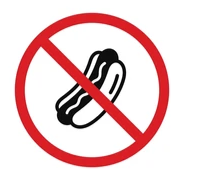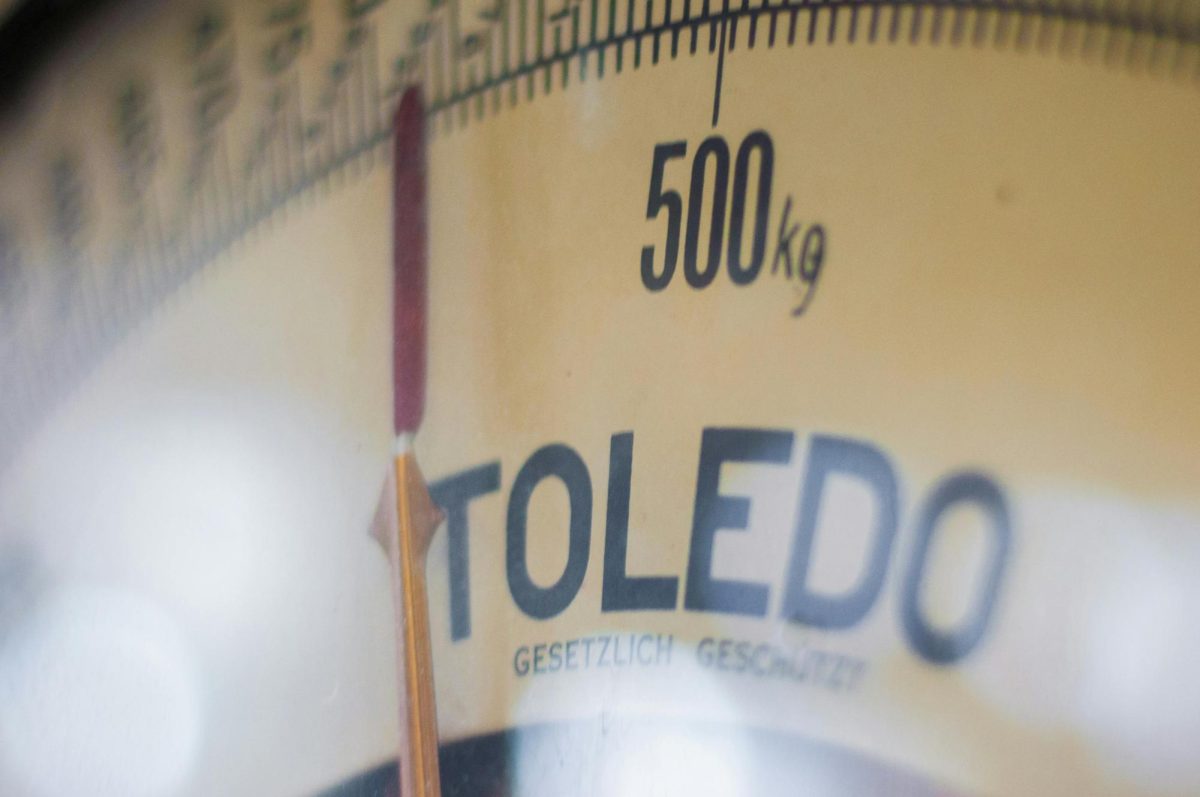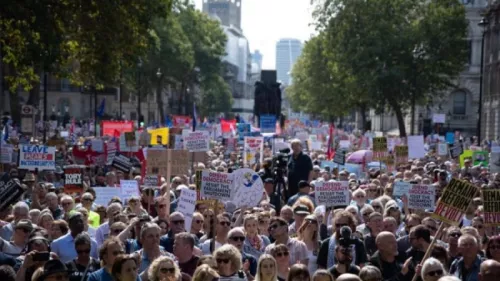
In an era where social media amplifies voices worldwide, “cancel culture” has come up as a powerful force, holding people accountable for their actions, while stirring the debate over its fairness and impact. From celebrities to ordinary individuals, cancel culture brings both consequences and awareness. Supporters argue it’s a way to promote accountability in a way that wasn’t possible before, while critics worry it can sometimes feel more like punishment than progress. As its reach expands, some wonder whether it’s a necessary tool for justice or if it steers too close to mob mentality.
Advocates for cancel culture argue that it has created an environment where harmful actions are less likely to go unnoticed or unpunished. With social media as a platform, people now have the power to call out inappropriate or offensive behavior in a way that had previously been forgotten about. This newfound public accountability has brought about significant changes in various industries. For instance, the #MeToo movement saw countless stories of harassment surface, leading to more public awareness and legal repercussions. “Cancel culture has shown people that actions have consequences,¨ said a sophomore, Annabelle Clemons. “In the past, celebrities and influencers could get away with saying really bad things. But now, people feel more empowered to call them out, and that can lead to an actual change.” For many, cancel culture is a way to promote awareness around issues like racism, sexism, and discrimination. It allows the public to apply pressure that can lead to more inclusive environments.
This push for accountability has led people to argue that without cancel culture, many societal issues would remain unaddressed or swept under the rug. Yet, while cancel culture holds people accountable, critics feel it can go too far. Impacting lives over minor mistakes or past actions people may have grown from. This side of cancel culture has prompted discussions about forgiveness and the lack of second chances. “Cancel culture can sometimes feel like people are waiting for you to mess up,” explained sophomore Samantha McDannald. “It’s like there’s this expectation to be perfect all the time, which isn’t realistic at all. People can change and grow, but with cancel culture, it’s like one mistake follows you.¨ People like Samantha worry that cancel culture may discourage people from speaking their minds or taking risks, fearing saying the wrong thing or even a past action could result in being “canceled”
Others feel cancel culture lacks consistency, with who gets “canceled” often depending on popularity or public favor. This selectivity, critics argue, leads to unfair accountability and favoritism. “It does sometimes feel like certain people get a pass while others face extreme backlash and hate,” Clemons adds. “If someone’s well-liked or has a big fan base, people are quicker to forgive/ But if someone isn’t as popular, they don’t always get the same treatment.” This favoritism can make cancel culture seem less about genuine accountability and more about reflecting public opinion. Celebrities with larger fan bases often have supporters who rush to defend them, even when they might deserve the criticism. This inconsistency of cancel culture makes it feel unfair and fuels the perception that it is more about popularity than principles.
Another concern for critics is the mental and emotional effect that cancel culture can impose, more specifically on young people. Psychologists like Dr. Bran Brenner warn that being “canceled” can have significant mental health repercussions. “The experience of being “canceled” can have serious mental health repercussions,¨ Dr. Breener explains in an article about cancel culture and its effects on mental health. “Some individuals face extreme consequences such as death threats, after being publicly called out for their views and actions.” The added pressure can be extremely overwhelming for younger generations, who are already highly active on social media. The rise of cancel culture seems to contribute to the growing rate of anxiety and depression among teens and young adults, who often feel they must have a flawless public image.
The debate over cancel culture intersects with the issues of free speech and the fear of being censored. Some people worry that cancel culture creates an atmosphere where individuals may feel silenced, fearing that any expression of an unpopular opinion could lead to hate or backlash. This has prompted discussions about whether cancel culture promotes a culture of fear rather than having a positive online environment. “We want people to feel free to speak their minds, but it feels like everyone has to watch every word they say,” McDannald adds. “Sometimes, the pressure to be perfect just makes people want to stay quiet.”
Cancel culture’s impact also stretches to various media and entertainment apps, where companies now have to respond to public pressure to avoid boycotts. Platforms such as YouTube, X (formally known as Twitter), and TikTok have banned or suspended creators in response to public outrage, making it clear that creators are vulnerable to losing their platforms due to backlash. For some, this is a necessary step to protect audiences from harmful content; for others, it signals a troubling level of influence that public opinion holds over free expression. As a result, companies and individuals often find themselves walking a fine line, carefully monitoring the public’s opinion to avoid controversy.
As cancel culture evolves, many question whether it can balance accountability. While it remains a force that prompts important conversations, some feel it may need a bit of control and refining to protect individual rights and to grow and change. Whether cancel culture becomes a tool for positive change or a source of fear depends on our collective approach moving forward. As society navigates this new landscape, the challenge will be finding ways to hold people accountable while also allowing room for personal growth and forgiveness.



